Choosing the right eCommerce platform to sell online is crucial for businesses looking to scale. Two of the most powerful solutions available are commercetools and Shopify Plus, both offering omnichannel capabilities and advanced commerce functionality but catering to different types of needs.
In this article, we’ll compare commercetools and Shopify Plus to help you decide which platform aligns with your eCommerce and growth needs, whether you’re focused on B2B or B2C.
Key takeaways
- commercetools offers deep customization, scalability, and robust backend functionality, ideal for B2B eCommerce and complex enterprises.
- Shopify provides a user-friendly commerce platform suited for small to mid-sized businesses needing fast implementation with built-in tools.
- Both platforms offer cost-saving benefits: commercetools reduces reliance on third-party apps with its integrated features, helping businesses save money, while Shopify minimizes transaction fees with built-in functionalities, further allowing users to save money over time.
commercetools and Shopify Plus: A quick comparison
See the comparison table below to get a quick overview of the main differences between Shopify Plus and commercetools, helping you make the right choice for your online store.
| Criteria | commercetools | Shopify Plus |
| Business size | Large enterprises, complex B2B/B2C | Mid-sized, fast-growing businesses |
| Customization | High, API-first, full control | Moderate (themes, apps, and limited headless capabilities) |
| Scalability | Great for high-traffic, multi-region, enterprise growth | Scales well for smaller enterprises but may struggle with complexity |
| Technical expertise | Requires significant development resources | Minimal tech skills, built-in tools |
| Time to market | Longer setup, custom development | Fast, quick setup with pre-built tools |
| B2B capabilities | Advanced B2B features like custom pricing, workflows, wholesale flexibility | Basic B2B through add-ons or Shopify Plus B2B suite |
| B2C capabilities | Strong, complex omnichannel needs | Excellent for direct-to-consumer operations |
| Integration complexity | High (requires technical expertise for ERP/CRM/PIM integrations) | Simple (plug-and-play with app ecosystem) |
| Pricing | Pay-as-you-grow model | Tiered pricing structure |
| Total cost of ownership | Higher upfront, long-term savings from fewer third-party apps | Predictable, tiered pricing, rising costs with add-ons |
| Support and security | Dedicated enterprise-level support, custom security solutions, multi-region compliance | 24/7 support, built-in security features, hands-off management |
| Setup difficulty | Moderate to high. Requires a tech-savvy organization with digital maturity and readiness for MACH architecture | Very low. Simple and budget-friendly, easy to set up and go live quickly |
Overview of commercetools and Shopify Plus
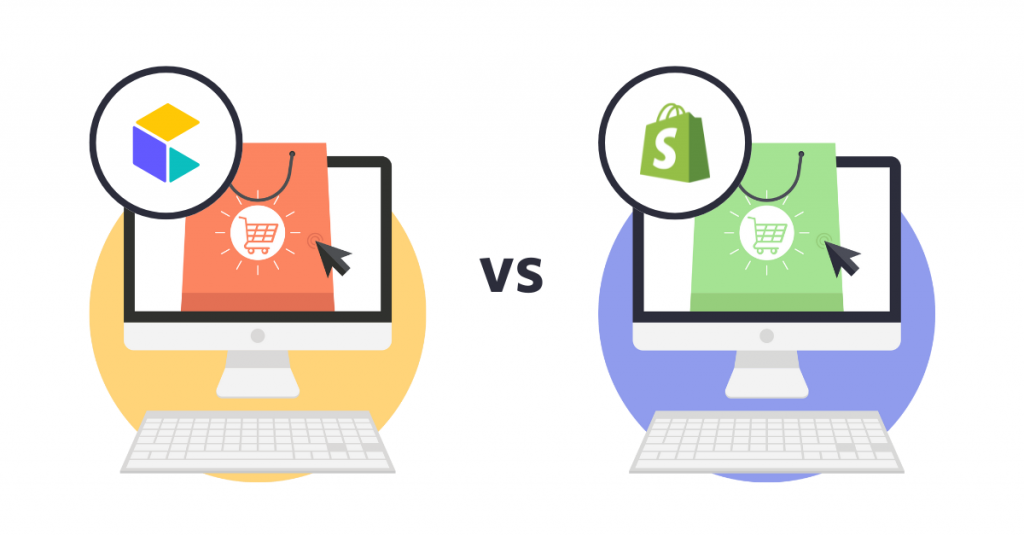
While Shopify is one of the leading eCommerce platforms, exploring Shopify alternatives is essential to finding the best match for your business’s specific requirements. From many Shopify competitors, commercetools stands out. Recognized by Forrester Wave as a leader in both B2C and B2B commerce, commercetools is trusted by enterprises who want to grow, innovate and go global.
Note that we compare commercetools to Shopify Plus, which is tailored for enterprise-level businesses in need of advanced features, scalability, and customization, whereas standard Shopify suits smaller businesses with simpler needs.
So, which platform is the right fit for your online store? Let’s dive in!
What is commercetools?
commercetools is a cloud-native, API-driven, headless commerce platform built for large enterprises. Its MACH architecture (Microservices, API-first, Cloud-native, Headless) provides flexibility and control for complex B2B and omnichannel operations. Besides other features and benefits, this composable architecture makes it faster to implement custom features.
What is Shopify Plus?
Shopify Plus offers enterprise-grade eCommerce with headless commerce capabilities through its Storefront API, which allows businesses to decouple their frontend and enhance customization. Shopify Plus is well-suited for fast-growing, mid-sized businesses that require scalable, ready-to-use features without heavy technical investment. It’s ideal for those looking to set up a simple online store quickly and easily.
Key differences: commercetools vs Shopify Plus
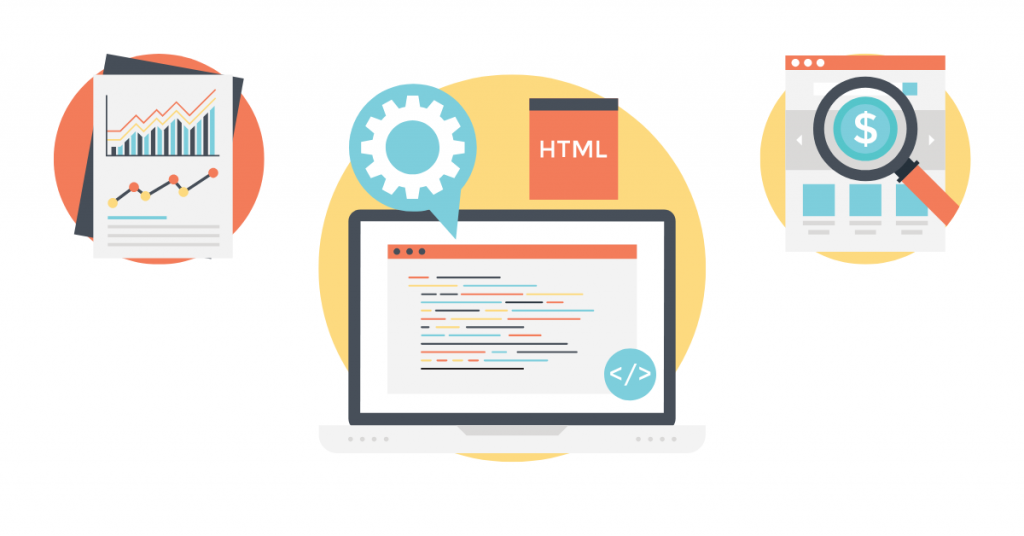
Headless commerce and composable commerce: Customization and flexibility
commercetools is a headless-first platform offering:
- Rapid frontend changes for quicker time-to-market
- A composable architecture allowing businesses to independently customize and scale each component (checkout, catalog, customer experience) for complex setups and full control.
Shopify Plus, while enabling headless functionality via its Storefront API, offers:
- Less control compared to commercetools due to reliance on third-party apps
- Proprietary lock-in, limiting flexibility and making it more suited for businesses prioritizing ease of use over deep customization
- No fully composable commerce architecture, restricting the ability to independently scale or customize components.
Scalability: Which platform grows with your business?
commercetools excels in scaling high-volume enterprises by:
- Handling high-volume traffic, spikes, and global operations with ease
- Managing multi-region complexity with ease, thanks to its microservices architecture
- Independent scaling of components for smooth performance even during peak traffic, without risking downtime.
Shopify Plus is scalable for mid-sized businesses, but:
- May struggle with multi-region or complex, multichannel operations
- Faces challenges during market expansion or handling high-volume transactions
- Relies on built-in features and third-party apps, which may limit flexibility and performance for complex operations.
Pricing structure and transaction fees: commercetools vs Shopify Plus
commercetools operates on a pay-as-you-grow model:
- Costs rise based on usage
- Initial costs start at $30-40k annually for a fixed license and cloud hosting
- Includes variable fees per transaction (e.g., adding products to cart, processing payments)
- Offers scalable pricing but requires upfront investment in custom development.
Shopify Plus has a fixed, tiered pricing model:
- Predictable for budgeting but can become more expensive as businesses scale
- Additional costs apply for third-party apps as businesses grow
- Charges fees for using external payment gateways
- Plans start at $2,300 per month with a 3-year commitment.
Key features comparison: commercetools vs Shopify Plus
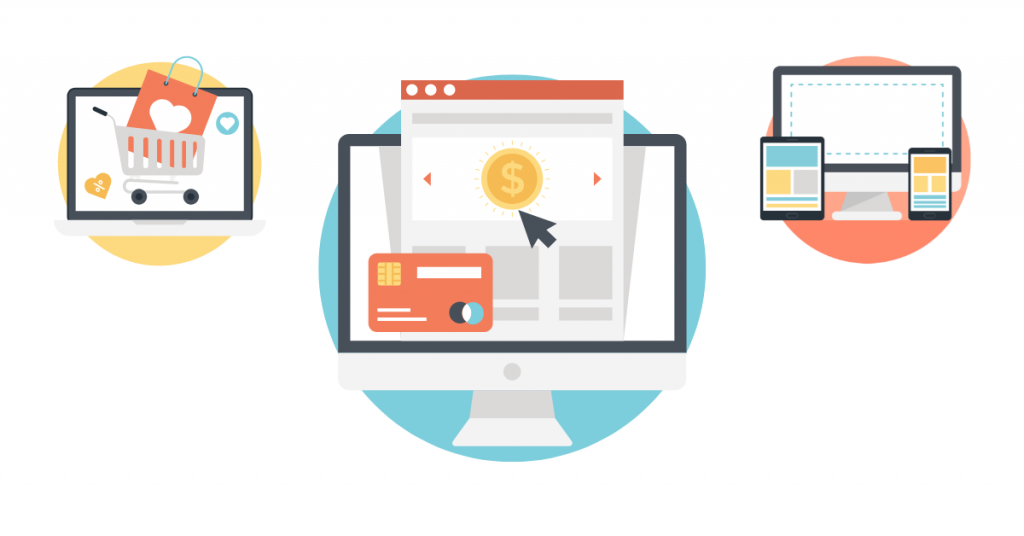
Checkout customization and payment processing
commercetools offers fully customizable checkout experiences through its extensive APIs, enabling businesses to tailor every aspect of the customer journey and enhance conversions. It supports multiple payment gateways, including Google Pay, with no extra fees, providing flexibility for global payments.
Shopify Plus, while simpler to implement, provides a streamlined, built-in checkout system via Shopify Payments but charges fees for using external payment providers. Additionally, Shopify may encounter cross-domain tracking challenges, especially in heavily customized setups.
Inventory management and order management
commercetools excels in advanced inventory management, allowing enterprises to manage multi-location inventory through custom workflows and APIs. Its built-in Order Management System (OMS) offers greater control over complex supply chains and multi-warehouse logistics.
Shopify Plus offers a more user-friendly inventory management system but lacks the same depth of control. Businesses needing advanced order management across multiple warehouses or regions often require third-party apps.
Both platforms support unlimited products, allowing businesses to scale and oversee inventory management.
Sales channels and omnichannel capabilities
Both platforms support omnichannel sales, but commercetools stands out with its API-driven integrations across websites, mobile apps, IoT devices, and more. This gives businesses the flexibility to manage multichannel operations with a high level of control and customization.
Shopify Plus offers an out-of-the-box omnichannel solution, simplifying management across various platforms like social media and physical stores, but with limited customization compared to commercetools.
Design and customization
commercetools allows for complete design flexibility, enabling businesses to design unique interfaces for their online stores, though it requires significant development resources.
Shopify Plus, with its drag-and-drop editor and customizable themes, is more user-friendly and optimal for rapid updates without technical expertise, albeit limited in customization. Headless Shopify does enable the creation of a custom frontend, but it often leads to increased costs due to the need for additional third-party apps and external tools. It is because these tools work best with Shopify’s standard frontend, but when going headless, businesses must rely on external solutions for content management, hosting, and frontend development.
For speed and ease, Shopify Plus is great, but for full control and complex customizations, commercetools is the better fit. Both platforms can benefit from hiring design experts for optimized experiences.
Wholesale capabilities
Tailored for large enterprises, commercetools supports highly customizable wholesale experiences, including customer-specific pricing, bulk ordering, and multi-tier approval workflows. It’s well-suited for complex B2B operations across multiple catalogs, currencies, and regions. However, the platform requires dedicated development teams to implement and maintain these customizations.
Shopify Plus offers a simpler wholesale channel with password-protected storefronts, volume discounts, and bulk ordering. While it’s easier to implement with less technical expertise, it may struggle with complex B2B needs like custom workflows or large-scale orders without additional development.
B2B vs B2C: Which platform is better for your business model?
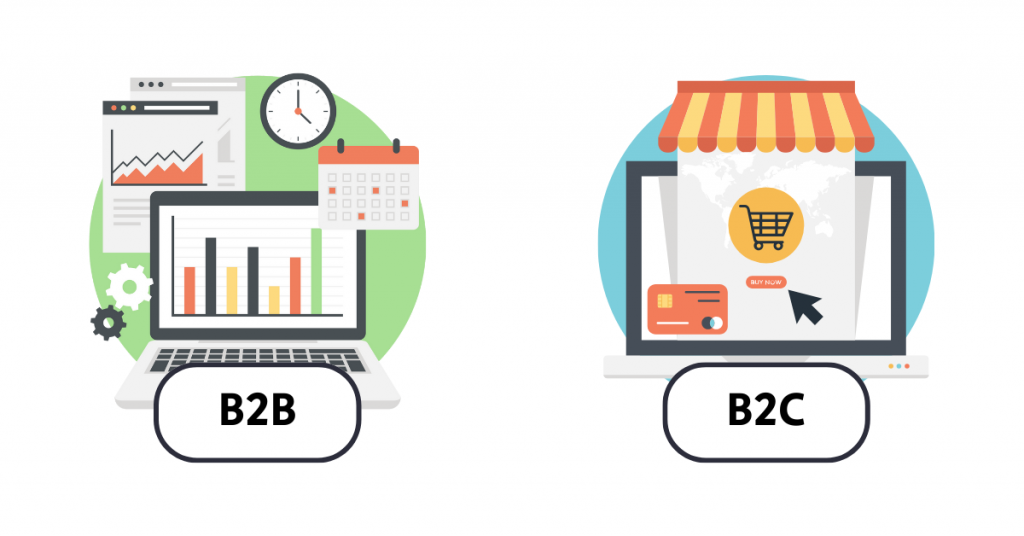
commercetools for B2B eCommerce
commercetools is optimized for B2B eCommerce and offers advanced features like custom pricing, bulk ordering, and multi-level account management. It allows businesses to create complex workflows tailored to B2B operations, such as personalized catalogs, dynamic pricing, and in-depth customer management. This makes commercetools ideal for large enterprises handling complex B2B transactions across multiple regions.
Shopify Plus for B2C eCommerce
Shopify Plus excels in B2C eCommerce, providing built-in tools for managing customer relationships, quick checkout experiences, and omnichannel sales. It’s designed for direct-to-consumer businesses that need a user-friendly platform with minimal setup. Shopify Plus offers features like personalized marketing, multichannel sales, and abandoned cart recovery, making it a great option for fast-growing B2C brands.
Migration, integration, and implementation
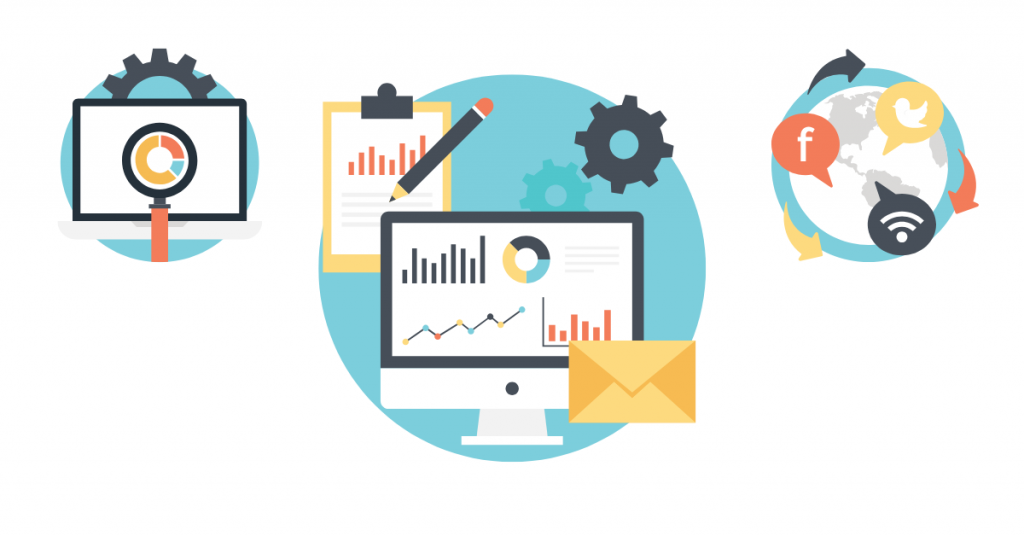
Migration complexity
Migrating to commercetools is more complex due to its API-first, headless architecture. It requires skilled developers for data management, system integration, and custom frontend builds. While this offers flexibility and is ideal for managing large product catalogs or multichannel operations, businesses need a strong technical team for seamless migration and setup.
Shopify Plus simplifies migration with built-in tools and third-party apps, offering a quicker and easier transition for small to medium-sized businesses. However, it offers less customization in the migration process compared to commercetools.
Integration capabilities
commercetools excels in integrating with existing systems like ERP, CRM, and PIM, offering deep flexibility for enterprises with complex requirements. The composable commerce model allows businesses to select best-fit technologies for each function.
Shopify Plus integrates easily with a wide range of apps and tools from the Shopify App Store for payment processing, inventory management, SEO, and web design. Its’ plug-and-play integrations work well for businesses with less need for deep customization.
Implementation time and resources
Implementing commercetools typically takes longer due to the need for custom development to create tailored user experiences. This requires a significant investment in technical resources but results in better control and flexibility. It’s ideal for businesses that prioritize a long-term, scalable solution.
Shopify Plus, with its pre-built features and extensive app ecosystem, enables faster implementation and requires fewer technical resources. It’s fitting for businesses needing to launch quickly without investing in extensive development.
Total Cost of Ownership (TCO): A deeper dive

commercetools TCO
commercetools uses a pay-as-you-grow pricing model. While initial development costs are higher due to API setup, the long-term benefits include reduced reliance on third-party apps, avoiding subscription fees, and minimizing operational costs associated with third-party solutions, as commercetools integrates modular features directly into its architecture. Over time, this can lead to a lower total cost of ownership, which makes commercetools a cost-effective choice for high-growth enterprises with complex needs and fluctuating demands.
Shopify Plus TCO
Shopify Plus has a more predictable, tiered pricing structure, which includes hosting, security, and built-in tools, providing lower upfront costs. However, as businesses scale and require more third-party apps or advanced features, additional fees can increase TCO. For large enterprises requiring extensive customization, these costs can accumulate, potentially making Shopify Plus less cost-effective in the long run.
Security, support, and compliance
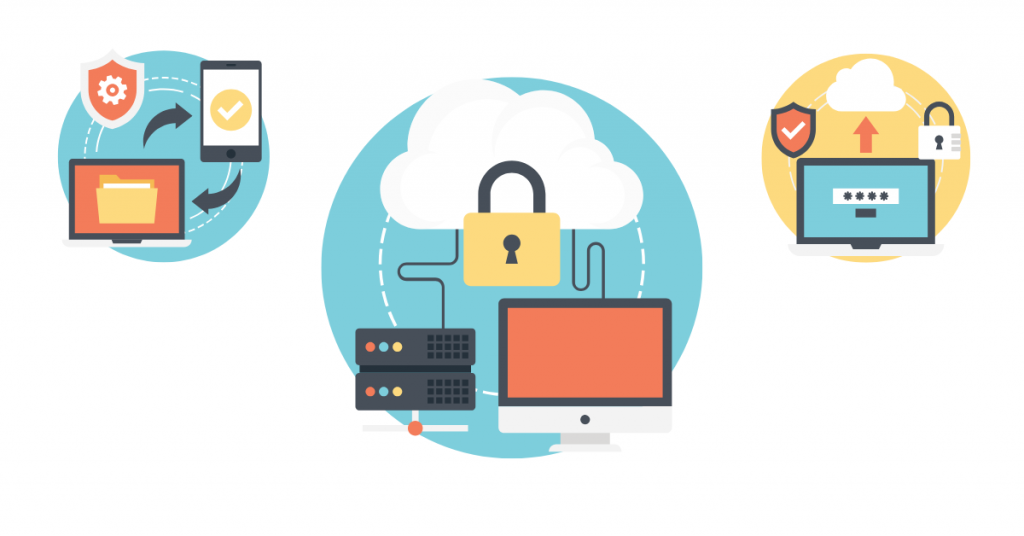
Security
commercetools provides granular security control with custom protocols and data storage options, essential for regulated industries and multi-national markets with strict data compliance requirements. As a cloud-native platform, it ensures PCI compliance, encryption, and rapid updates, which is ideal for enterprises with strict data requirements.
Shopify Plus provides built-in security (SSL, PCI compliance, fraud detection) with automatic updates. This is best suited for small to medium businesses seeking an easy, hands-off approach to securing their eCommerce store.
Customer support and resources
commercetools offers enterprise-level support but typically requires in-house technical teams or external developers for integrations and updates. It offers dedicated account management, API documentation, and a network of system integrators, which suits businesses with advanced technical needs.
Shopify Plus, on the other hand, provides 24/7 customer support, detailed documentation, and community forums, making it easier for businesses without technical expertise. Its simplified platform structure ensures faster issue resolution, therefore it’s generally a better fit for companies that prioritize ease of use and quick support access. Shopify Plus also offers dedicated support teams for enterprise clients.
Compliance
Both commercetools and Shopify Plus meet key industry compliance standards like GDPR and PCI-DSS. Shopify Plus offers out-of-the-box compliance, simplifying adherence for businesses of all sizes. However, for businesses in tightly regulated sectors, commercetools allows for more customization in compliance processes.
Key weaknesses of commercetools and Shopify Plus
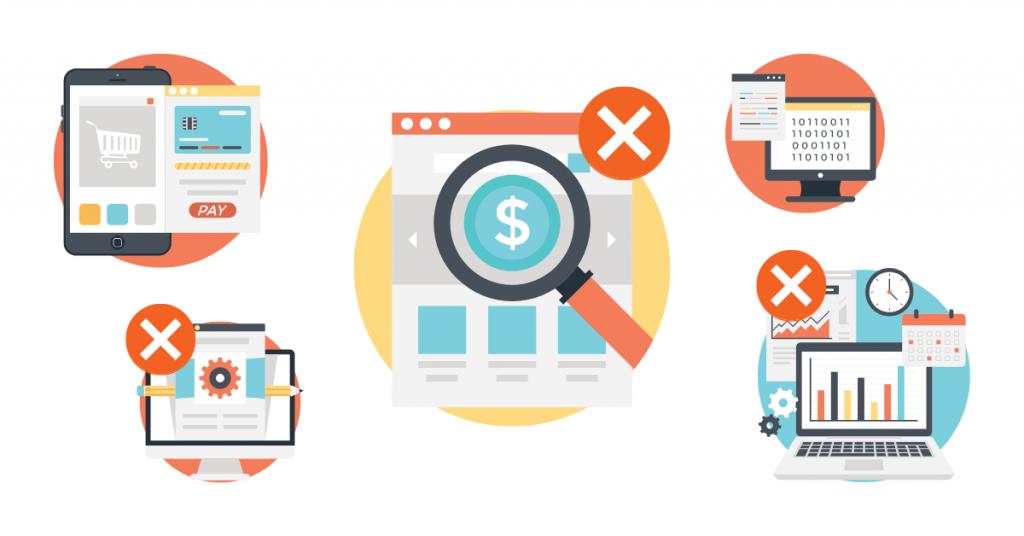
commercetools offers high flexibility, but this comes with a few limitations. Users report challenges with its Merchant Center, which lacks depth and requires more custom development to meet specific needs. Frontend performance issues, complex user roles, and limited out-of-the-box promotion features can slow down implementation. Additionally, significant technical resources are needed for custom applications, making it less ideal for businesses without strong development teams.
Shopify Plus, while easier to implement, faces limitations in handling complex customizations. Its reliance on third-party apps can lead to higher long-term costs, and the proprietary lock-in limits flexibility for larger enterprises. Additionally, Shopify Plus may struggle with multi-region, high-volume operations, and its scalability may not suit the needs of larger, fast-growing enterprises.
Future-proofing your eCommerce platform: Key considerations
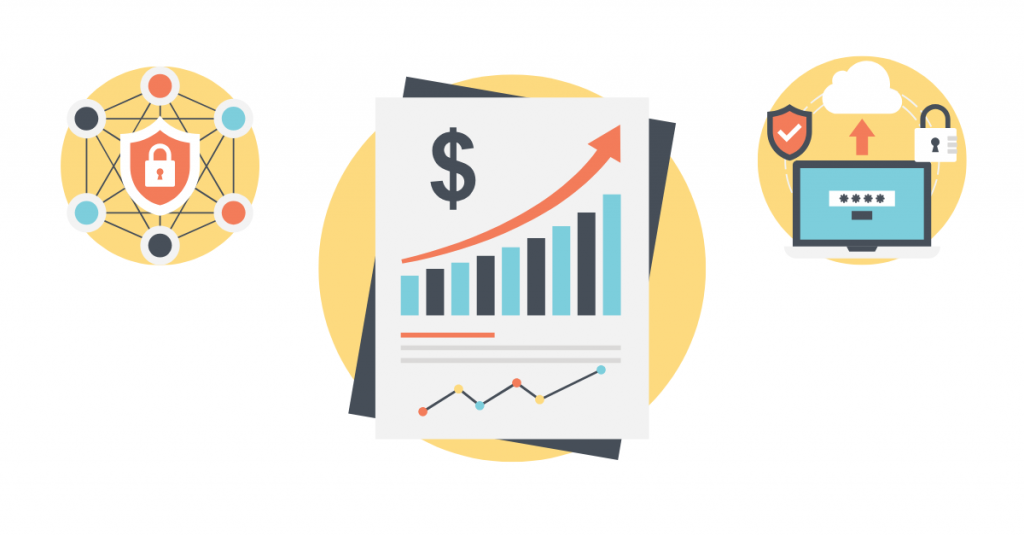
As eCommerce evolves, it’s crucial to choose online store platforms that can adapt to future technological advancements. commercetools’ composable architecture ensures flexibility and scalability, allowing businesses to easily integrate new technologies and adapt to future trends. Its modular approach enables updates to individual components without overhauling the entire system.
Shopify Plus, while quick to deploy, relies more on built-in features and third-party apps, which can limit adaptability in the long run. Vendor lock-in is also a concern—commercetools offers more freedom to switch or replace components, while Shopify’s proprietary setup could hinder future scalability.
Choosing the right eCommerce platform for your online store
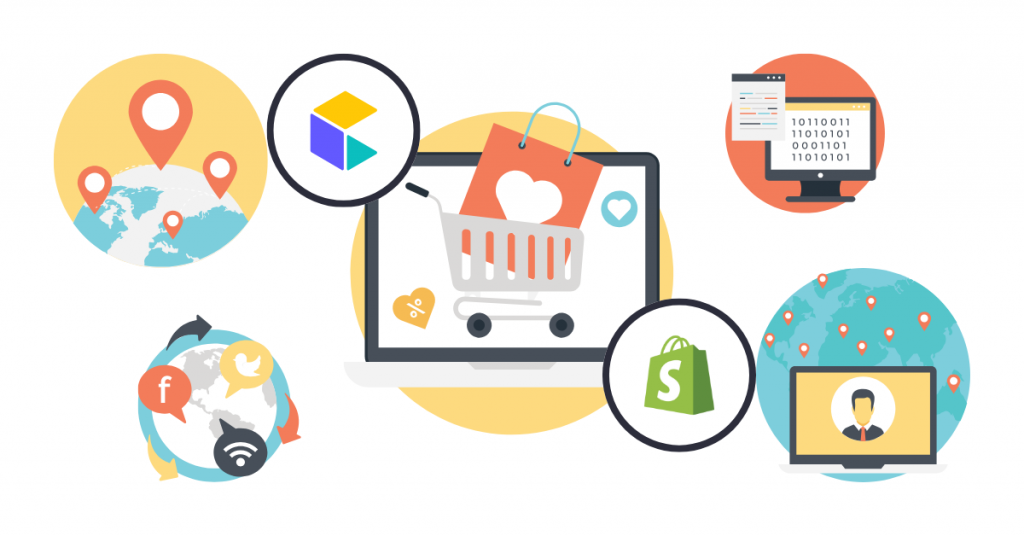
Deciding between commercetools and Shopify Plus requires considering integration complexity, speed of implementation, and long-term scalability.
commercetools is best for businesses needing deep integrations (ERP, PIM, CRM) or highly customized, multichannel solutions. It offers flexibility and scalability but demands a technical team and higher upfront investment.
Shopify Plus is a good fit for businesses seeking fast deployment with lower technical overhead. It offers pre-built tools and a rich app ecosystem but may struggle with complex enterprise-level needs.
To choose the right platform for your online store or online stores, answer these questions:
- What level of customization do we need? Are complex integrations essential, or will pre-built solutions work?
- How fast do we need to launch? Can we invest in custom development for future growth?
- Is our team equipped to manage an API-first system, or do we need a simpler platform?
- Are we scaling across multiple channels or regions? What scalability do we need in the next 2-5 years?
- What’s our long-term budget? Can we afford higher upfront costs for flexibility (commercetools), or do we prefer predictable pricing (Shopify Plus)?
Conclusion
In conclusion, the choice between commercetools and Shopify Plus depends on your business size, internal resources, technical expertise, and long-term growth strategy.
For large enterprises seeking advanced customization and scalability, commercetools offers unmatched flexibility but requires more resources. For quicker deployment and predictable costs, Shopify Plus is optimal for businesses prioritizing ease of use and rapid time-to-market. Assess your growth goals, technical capacity, and timelines to determine which platform fits best.
Frequently Asked Questions
What is the key difference between commercetools and Shopify Plus?
commercetools is a headless, API-first platform offering maximum flexibility for large, complex businesses, while Shopify Plus, although enables headless functionality, is generally a full-stack platform designed for ease of use and rapid deployment, optimal for fast-growing businesses with simpler needs.
Which eCommerce platform is better for B2B businesses?
commercetools is better for B2B businesses, providing advanced features like custom pricing, bulk ordering, and complex workflows, which is well-suited for large enterprises with specific B2B requirements.
Is Shopify Plus suitable for enterprise businesses?
Yes, Shopify Plus is suitable for enterprise businesses looking for a fast-to-launch, scalable solution, but it may lack the deep customization and flexibility that larger, more complex enterprises need.
How does pricing compare between commercetools and Shopify Plus?
commercetools uses a pay-as-you-grow model with custom pricing based on usage, best suited for businesses with fluctuating needs. Shopify Plus offers tiered pricing, which is more predictable but may incur additional costs for advanced features or third-party apps.
Which eCommerce platform offers better customization?
commercetools provides unmatched customization through its API-driven architecture, making it ideal for businesses needing complete control over their eCommerce experience. Shopify Plus offers customization through themes and apps but with limitations compared to commercetools’ flexibility.
Can’t decide which is the right eCommerce platform for growing your online store? Reach out to us for your personalized consultation on how to elevate your business online! Let’s achieve success together!
About scandiweb
scandiweb is an eCommerce agency specializing in development, migration, optimization, and more. With expertise across platforms like Magento, Shopify Plus, and commercetools, scandiweb helps businesses grow, scale, and improve revenue through tailored solutions. Trusted by global brands, we focus on driving digital success with innovative strategies and a customer-centric approach.
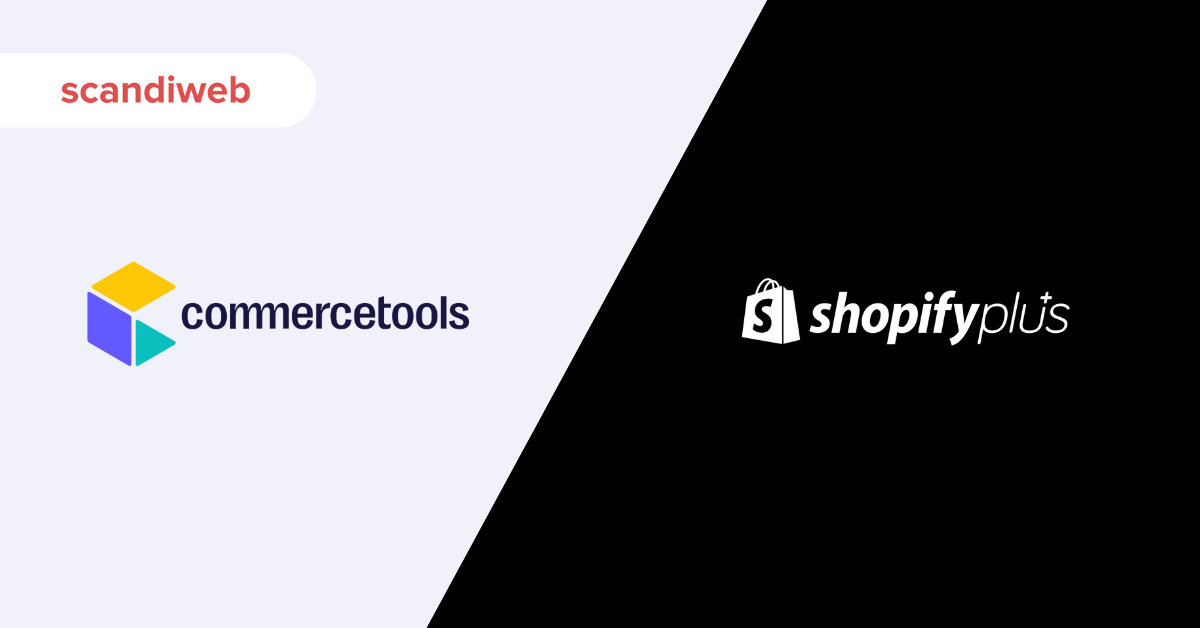



Share on: